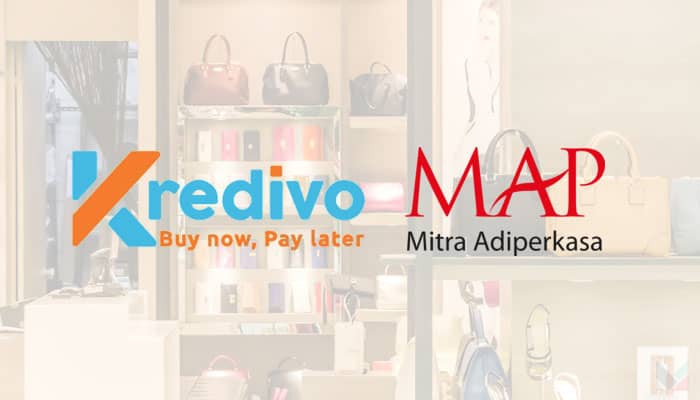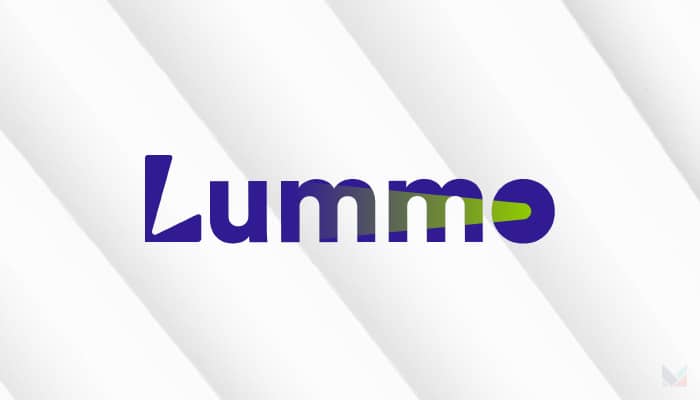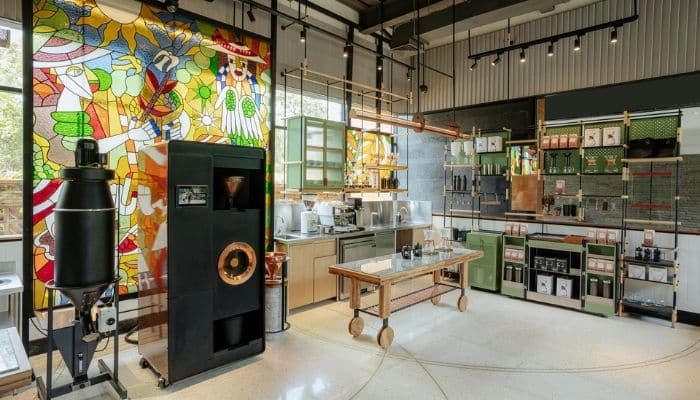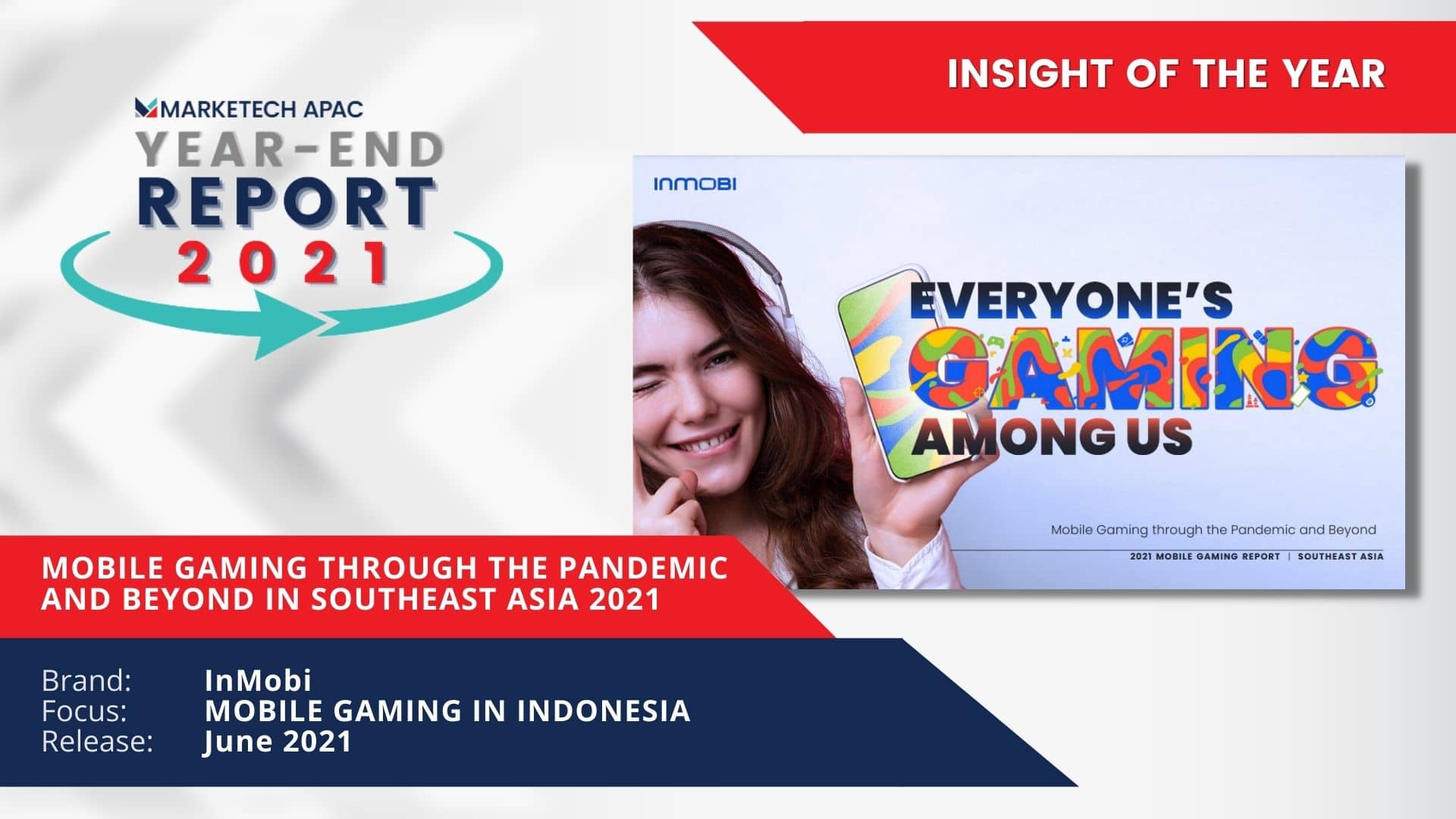For over the past year, MARKETECH APAC has dissected and presented numerous comprehensive reports to share the latest trends, issues, and insights pertinent to the industry.
Out of all of them, it is InMobi’s ‘Mobile Gaming Through the Pandemic and Beyond in Southeast Asia 2021’ that comes out as our Insight of The Year.
Released in June 2021, the SEA report takes a specific interest in the state of mobile gaming in Indonesia. Armed with fresh findings on the demographic, the report has served to be a guiding light on how to engage mobile gamers in the market, and what the best approaches are to draw their attention to the brand.
Here’s our interview with Rishi Bedi, InMobi’s vice president and GM for Southeast Asia, who further built on the report’s insights, sharing with us how brands can leverage their presence across Indonesian gamers and the best strategies they can employ to stay ahead of the game.
The report stated that 46% of the respondents have tried mobile gaming for the first time. What does this say about the future of mobile gaming in Indonesia?
As people are increasingly on-the-go, mobile gaming is predicted to become one of the chosen sources of entertainment and relaxation. Mobile games have created a virtual environment for players to compete, play together, and connect online. With 125.6% mobile connections (compared to the total population) in 2021, mobile gaming is expected to continue to grow in popularity among Indonesians in the next year. This is evident as the time spent grew by 1.5X within the first 9 months of 2021 compared to 2020. Even in a post-pandemic world, we expect people will still turn to mobile gaming apps to make new friends, relax and pass time. Because of the depth and diversity in mobile gaming, this space has the potential to become the most preferred channel for brands to engage with consumers at scale.
The report also found that 2/3 of the respondents say that they prefer to watch ads to progress in games. What does this say about the emerging trend of advertising across mobile games?
Based on the results so far, it is becoming clear that the ad experience offered by mobile gaming apps can be highly effective, making it an ideal space for advertisers to focus their attention. A study by The Drum and YouGov found that the click-through rates (CTR) for ads inside mobile games are 50% above average while 37% of people who play games have bought something as a result of an in-game ad.
Hence it is no surprise that, compared to the previous year, we saw a 10x growth in video advertising on gaming apps in 2021. And we believe this is just the start. Moving forward, we expect to see mature brands to keep gaming as a key element of their mobile marketing strategy and leverage its various placements to drive results.
In what ways can brands leverage their presence across gamers in Indonesia?
The appetite for games in Indonesia could present major opportunities for advertisers to secure the attention of an engaged audience. But brands must be strategic about how they do it.
Mobile comes first. About 46% of Indonesians explored mobile gaming for the first time during the height of the pandemic to seek entertainment, relaxation, or even make new friends.
We are also seeing that mobile gamers are even more receptive and welcoming to ads when these are relevant and offer some value exchange. Hence, brands in industries pertinent to gamers such as lifestyle, e-commerce, retail, electronics, and other games could potentially engage with gamers by delivering ads that offer in-game rewards or allow players to achieve greater progress in the game.
Brands should also be strategic in mapping the audience with the gaming category. According to our report, Gen Zs and Gen Xs tend to prefer casual games, while millennials prefer stimulation and action-packed games. Aside targeting, the brand should also consider leveraging the various innovative mobile-first formats and full-screen immersive experiences – much in line with their state of mind as a gamer – to engage them.
What are the strategies brands should employ to win this large market of gamers?
In my experience, gamers in Indonesia are familiar with ads and prefer to watch them over and above paying money when looking to progress in a game or in exchange for a benefit. Ad recall is also very high in this space, especially when ads are about a topic of interest. Hence brands must be strategic in leveraging the right data to enhance the personalization and relevance when delivering ads in gaming apps.
Moreover, specific ad formats or placements can be used to maximize the time spent with the gamer and increase engagement. Full-screen video ads within gaming environments can be a great way to engage users. They occur during a natural break in the gameplay and create no interruptions in the gameplay. These ads should be horizontal or vertical, based on the orientation the games are played, making it easy for brands to leverage or transform existing core assets. Rewarded video is another excellent way to engage with mobile gamers who are highly engaged and receptive, as they look to advance in the game without having to pay.
Brands that have completely moved to programmatic media buying can also potentially access and engage with these mobile gamers based on their specific campaign objectives. For example, they can set up different segments like users with higher engagement rates, viewability, completion rates, or maximum reach.
This recognition is based on the results of Google Analytics on the most-read stories of 2021 with editorial validation on the significance of a leader’s contribution, campaigns results, and overall impact.













